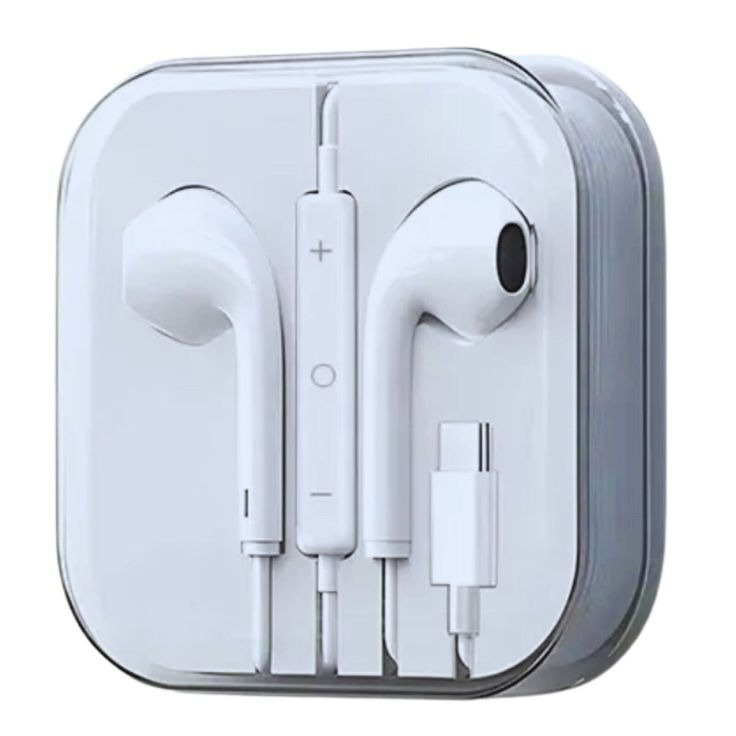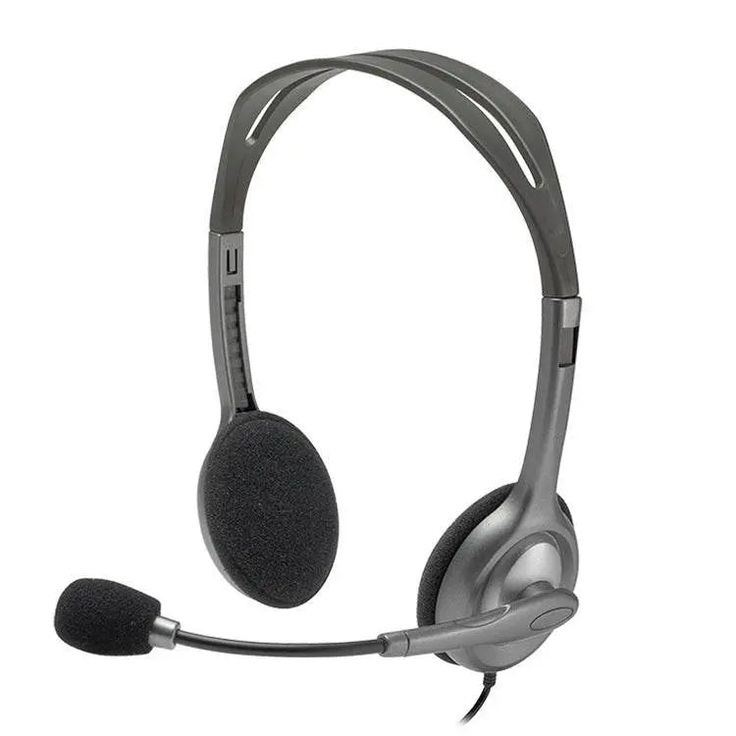Importance of Selecting the Proper Telephone Headset
Selecting the right telephone headset is crucial for any office environment. It can greatly affect your team’s communication and productivity. Here are several reasons why choosing the appropriate telephone headset matters:
- Improved communication: Good headsets offer clear audio and reduce misunderstandings.
- Increased productivity: With hands-free operation, employees can multitask better.
- User comfort: Comfortable headsets reduce the physical strain of long phone calls.
- Health considerations: The right headset can prevent neck and shoulder discomfort.
- Professionalism: Quality headsets project a professional image during calls.
When you invest time in finding the right telephone headsets, you ensure your staff can work efficiently and comfortably. This is essential for any business looking to thrive in a fast-paced environment. Make sure to weigh the benefits against the cost, as a suitable headset is an investment in your team’s well-being and your company’s image.

Types of Telephone Headsets and Their Features
When selecting telephone headsets, you encounter a range of types, each with unique features. Here’s a look at the common options:
- Monaural headsets: These have one earpiece. They keep one ear open to the surroundings.
- Binaural headsets: With two earpieces, they enhance focus by blocking out background noise.
- In-ear headsets: These are lightweight and less obtrusive but may lack padding.
- Over-the-head headsets: They offer padding and support for extended wear. Great for comfort.
- Behind-the-neck headsets: These are subtle and suitable for those who wear glasses.
- Convertible headsets: They offer flexibility with customizable wearing styles.
Each type incorporates different features like volume control, mute function, or quick disconnect. High-end telephone headsets may also include advanced features such as:
- Noise-cancellation: Essential for busy environments for clearer conversations.
- Voice-enhancement technology: It ensures your voice is heard clearly at the other end.
- Acoustic shock protection: Protects users from sudden loud noises.
- Digital signal processing: Balances sound for more natural listening experiences.
Choosing between these depends on your office’s specific needs and the typical usage scenarios of your staff. It’s important to balance between feature-rich models and the most practical and cost-effective ones for your team.
Evaluating Sound Quality and Noise Cancellation
Evaluating sound quality is essential when choosing telephone headsets. Look for crisp, clear audio output. It ensures that both ends of the conversation can hear each other without strain. High sound quality reduces the need for constant repetition, saving time during calls.
Noise cancellation is a key feature in busy office settings. Headsets with this feature block out background noise. This helps maintain focus on the call at hand. Office environments often have printers, other conversations, or outside traffic noise. Noise-cancelling headsets make sure these don’t interrupt your communications.
When assessing sound quality, consider the microphone as well. It should pick up the user’s voice clearly. It should not pick up ambient sounds. Test several headsets to find the model that best isolates the speaker’s voice.
Remember, good sound quality and effective noise cancellation contribute to better call experiences. They help prevent fatigue that results from struggling to hear. They also maintain professional standards in client interactions. Choose a telephone headset that offers both without compromise.

Comfort and Ergonomics: Key Factors for Extended Use
Comfort and ergonomics are key when using telephone headsets for long periods. Here are important factors to consider for extended use:
- Adjustability: Headsets should allow for adjustments in headband and microphone position.
- Weight: A lightweight design prevents neck strain and adds to comfort throughout the day.
- Cushioning: Ensure ear pads and headbands have ample padding. This reduces pressure on the ears and head.
- Material: Breathable materials avoid discomfort and sweating during long calls.
- Clamping force: The headset should stay in place without squeezing too hard.
Picking the right telephone headset with these factors in mind means fewer breaks. This leads to more consistent work flow. It also ensures staff well-being. Comfortable headsets reduce the chance of headaches and physical discomfort. They let your team focus on their tasks, not on adjusting their headset. Ergonomically designed headsets fit better and can reduce the risk of repetitive strain injuries. Seek feedback from your team about comfort. This will guide you to make informed choices when selecting telephone headsets for your office. Remember, a headset that’s easy on the ears and head can be worn all day with ease.
Wired vs. Wireless Options: Finding What’s Best for Your Office
When choosing telephone headsets, one key decision is wired versus wireless. Both options have their benefits and suitability depending on your office setup and needs. Here’s what to consider:
- Mobility: Wireless headsets give users the freedom to move around while on calls. This is great for active roles.
- Reliability: Wired headsets provide a constant connection. There’s no worry about battery life or signal issues.
- Sound Quality: Often, wired headsets deliver better sound quality. Wireless technology has improved, but wired is still the benchmark.
- Cost: Typically, wired headsets are more affordable than wireless headsets.
- Setup and Maintenance: Wired headsets can be simpler to set up and maintain. Wireless units may require syncing and charging.
Your choice depends on your office’s daily routines. If your team often leaves their desks during calls, wireless might be the way to go. Yet, if call clarity and budget are top concerns, wired may be the better option. Assess your needs and choose headsets that will complement and enhance your office workflows.

Compatibility with Office Equipment and Software
Choosing the right telephone headsets also means checking compatibility with your office equipment. This step is vital to ensure seamless integration and operation. Here are factors to consider:
- Phone system compatibility: The headsets must work with your existing telephones.
- Software integration: Some headsets can integrate with call management software. This feature is useful for offices that use such technologies.
- Connection ports: Ensure the headset has the correct jacks or USB connectors for your devices.
- Unified communications: For offices using multiple communication platforms, headsets that support unified communications provide a streamlined experience.
Most modern telephone headsets are designed to be compatible with a range of devices and software. However, it’s important to check with your IT department or the headset manufacturer. They can confirm that the headset you choose will work without issues. For example, some wireless headsets may require a specific type of receiver. Headsets used in a call center might need to support particular dialing software.
When telephone headsets are fully compatible, they enhance workplace efficiency. Incompatible headsets can cause frustration and downtime. Always verify compatibility before making a purchase. This way, you avoid disruption to your office’s daily activities. If uncertain, opt for headsets with broad compatibility or those endorsed by your equipment’s manufacturer.
The Role of Durability and Warranty in Your Decision
When picking telephone headsets, durability is key. Look for sturdy materials and build quality. A robust headset withstands daily use without breaking down. This extends its life and protects your investment. Durable telephone headsets need fewer replacements. This saves money over time.
Warranty is also crucial. A good warranty offers peace of mind. It assures you of support if issues arise. Check the warranty length and what it covers. Some warranties include free repairs or replacements. They may also offer customer support services.
Assess the warranty terms carefully. They should align with your office needs. Long warranties suggest confidence in product longevity. Short warranties might alert you to potential flaws.
Factor in the cost of the telephone headsets when considering durability and warranty. Sometimes, paying more upfront for quality is worth it. It often leads to lower long-term costs. This is due to fewer malfunctions and better warranty terms.
Make durability and warranty vital parts of your decision. They contribute to overall value. A well-built headset with a solid warranty gives your team reliability. It ensures smooth operation in your office’s everyday activities.
Price Considerations and Finding Value for Money
Selecting the ideal telephone headsets involves considering price and value. Here’s how to approach this:
- Set a Budget: Determine how much you’re willing to spend on telephone headsets.
- Compare Costs: Review various models and brands to find the best deals.
- Check Features: Balance cost against needed features for your team. Avoid paying for extras you won’t use.
- Consider Long-Term Expenses: Factor in potential repair or replacement costs.
- Look for Bundles: Some suppliers may offer discounts on bulk purchases.
- Invest in Quality: It can prevent frequent replacements and save money in the long run.
When it comes to telephone headsets, the cheapest option is not always the best choice. A very low price might signal poor quality and lead to higher costs over time. On the other hand, the most expensive models may include features that your office will rarely use.
Affordability should not come at the expense of essential qualities like sound clarity, comfort, or durability. Proper research and a careful analysis of your office’s needs will help you find telephone headsets that provide the best value for your money. Remember, a wise investment ensures your team’s productivity and communication remain top-notch without breaking the bank.